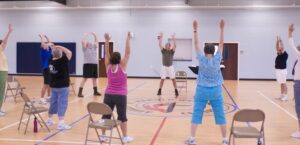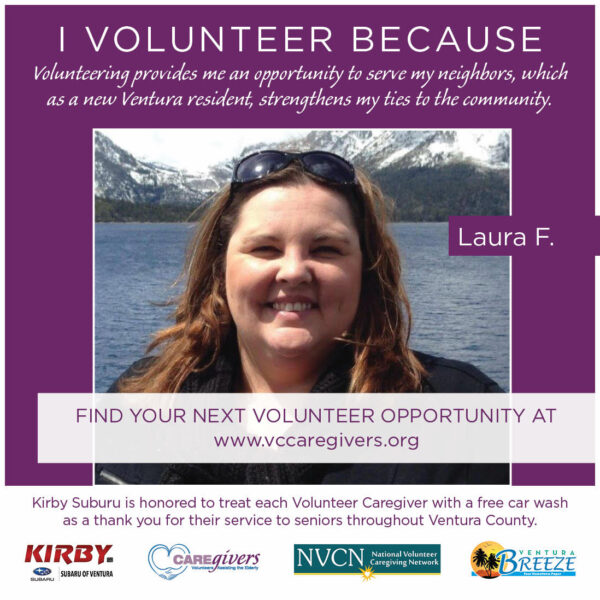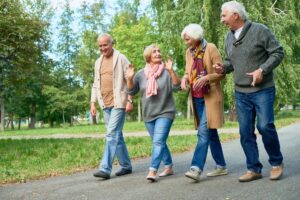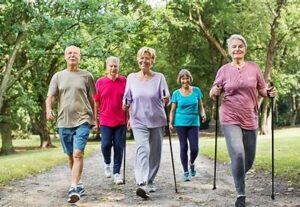The start of a new year often brings time for reflection, as well as vision for the future. As we reflect on the productive and promising discoveries in Alzheimer’s research in 2022, we are driven to a newfound hope for what is to come in 2023.
Most notably may be the improvement that we began to see in Alzheimer’s treatments.
In November, pharmaceutical companies Eisai and Biogen announced positive results from their global Phase 3 clinical trial of an Alzheimer’s drug lecanemab, slowing the rate of cognitive decline in study participants by 27% over 18 months. These are the most encouraging results we have seen to date for an Alzheimer’s treatment.
Earlier this month, the Food and Drug Administration (FDA) granted accelerated approval for this drug, which is now the second FDA-approved drug in 18 months that changes the course of Alzheimer’s disease.
One other discovery found that a daily multivitamin may slow brain aging. Research published in September last year in Alzheimer’s & Dementia: The Journal of the Alzheimer’s Association found that taking a multivitamin-mineral supplement every day for 3 years resulted in a statistically significant cognitive benefit.
This is the first positive, large-scale, long-term study to show that multivitamin-mineral supplementation for older adults may slow cognitive aging, which may have the potential to significantly impact public health.
At the Alzheimer’s Association International Conference (AAIC) last summer, new research results found that eating a large amount of ultra-processed food can significantly accelerate cognitive decline.
Also at AAIC 2022, researchers reported that experiences of structural, interpersonal and institutional racism are associated with lower memory scores and worse cognition in midlife and old age, especially among Black individuals.
Lastly, research published in December in JAMA Neurology showed that individuals with hearing loss who used hearing restorative devices had a 19% decrease in risk of long-term cognitive decline.
While advancements are happening, the significant impact of Alzheimer’s remains. Over a recent 20-year period, deaths from heart disease went down 7.3%, while deaths from Alzheimer’s increased 145%. In 2022, Alzheimer’s and other dementias cost the nation $321 billion.
With even more FDA decisions expected on Alzheimer’s treatments in 2023, this is a very exciting time in the fight to end this disease. Thanks to increased research funding from the federal government and nonprofit organizations there is great hope and the new year is sure to bring more advances and discoveries for people living with, and at risk for, Alzheimer’s disease and all other dementia.
For more information and free support services, contact the Alzheimer’s Association. Their Ventura office is located at 2580 E Main Street #201, and their 24/7 Helpline is 800.272.3900. Visit them online at alz.org/cacentral.






